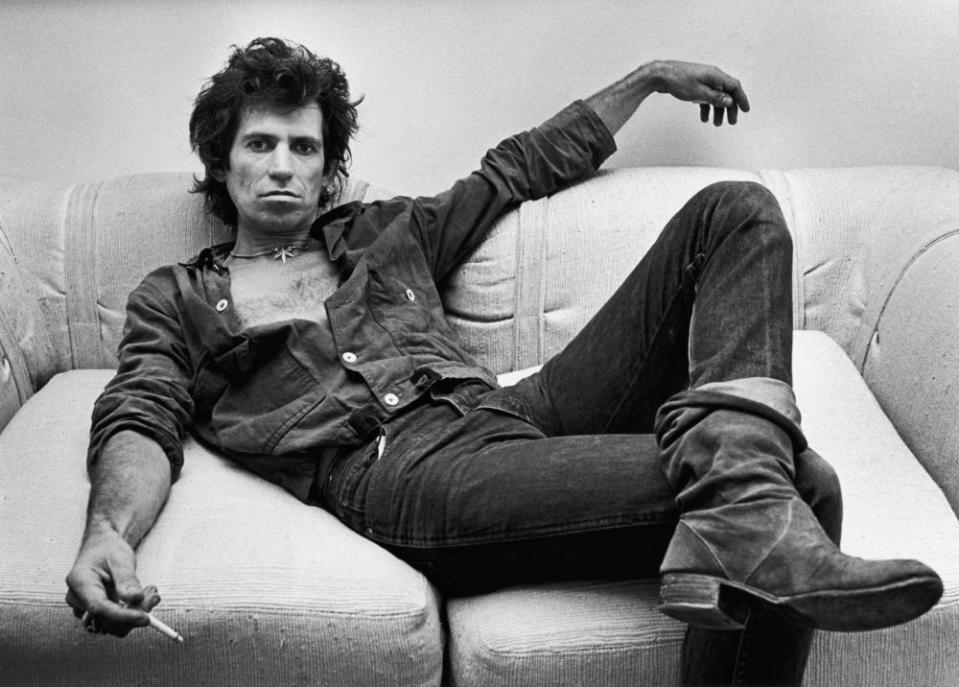From Bob Dylan to Viv Albertine: 10 of the best music biographies

Clothes, Clothes, Clothes. Music, Music, Music. Boys, Boys, Boys by Viv Albertine
(Faber & Faber, 2014)
A no-nonsense sojourn through Albertine’s life as guitarist in the Slits and, later, as a film-maker, mother and divorcee, and during which she blithely chats about masturbation, catching crabs and giving Johnny Rotten a blowjob. It’s a terrific read and provides a corrective to the reigning punk narrative where men are the creative geniuses and women the bit-part players.
Le Freak by Nile Rodgers
(Sphere, 2011)
Teenage homelessness, drug and alcohol addiction, oral pleasure in the toilets at Studio 54, cancer, plus a fistful of hits with Madonna, Diana Ross, Michael Jackson, David Bowie and his own band, Chic. The legendary hitmaker’s life is more eventful than most and the details are shared with wit and wisdom.
Chronicles: Volume One by Bob Dylan
(Simon and Schuster, 2004)
Thousands of books have been written about Dylan so, to understand who he is, perhaps it is best to get it from the horse’s mouth. Impressionistic, intense and with deliberate omissions, Chronicles covers his first year in New York in 1961, flashing back to his childhood in Minnesota and forward to the creative doldrums of the late 80s.
The Life & Times of Malcolm McLaren by Paul Gorman
(Constable, 2020)
An 800-page doorstop devoted to the Sex Pistols manager, variously dubbed here a “genius” and “conman”. Gorman’s biography bulges with outrageous tales of brilliance and folly, from early adventures in fashion and music to forays into hip-hop, reality TV and politics.
Just Kids by Patti Smith
(Bloomsbury, 2010)
A tender, evocative chronicle of the poet and singer Patti Smith’s relationship with photographer Robert Mapplethorpe, as the pair roamed 70s New York and dedicated themselves to their art. Celebrity wasn’t the goal, but when they pass a shop playing Smith’s hit, Because the Night, Mapplethorpe exclaims: “Patti, you got famous before me!”

Life by Keith Richards
(W&N, 2010)
Given the legendarily debauched life of the Rolling Stones guitarist, it’s a wonder that he can remember enough of it to fill a book. Eye-watering in its candour, Life gleefully takes us through music, money, arrests, fallouts, makeups, drugs and “chicks”. It’s gossipy, spry and an absolute hoot from beginning to end.
Sing Backwards and Weep by Mark Lanegan
(White Rabbit, 2020)
Many rock memoirs come with a third act in which the artist achieves sobriety and disavows their former life. Not so Lanegan, who delivers grand guignol scenes of heroin-fuelled violence, degradation and self-abuse while recalling his Screaming Trees days, with little in the way of regrets. Rare in its rawness and bracing honesty.
Black By Design: A 2-Tone Memoir by Pauline Black
(Serpent’s Tail, 2011)
The Selecter singer’s autobiography offers a vivid account of the 70s ska scene, during which National Front supporters would barge into the band’s gigs and sieg heil at the stage. It’s also a sensitive portrait of postwar racial tension and life as a black child adopted by white parents, during which Black felt “like a cuckoo in someone else’s nest”.
Related: The Guide: Staying In – sign up for our home entertainment tips
I’m Your Man: The Life of Leonard Cohen by Sylvie Simmons
(Vintage, 2012)
Simmons’s weighty treatise on Laughing Len traces the poet, novelist and singer from his early life in Montreal to his periods in New York, Hydra and California. There are surprising morsels here, among them Cohen’s flirtation with Scientology and his habit of stuffing tissues in his shoes to make himself taller.
Miles: The Autobiography by Miles Davis
(Simon & Schuster, 1990)
By turns joyful, raw and plain disturbing, the jazz trumpeter’s autobiography is a warts-and-all account of a life in which music is celebrated, fellow musicians often slated and women denigrated and abused. It makes for grim reading in places but Davis is acute on art, race and his battles with drugs.


